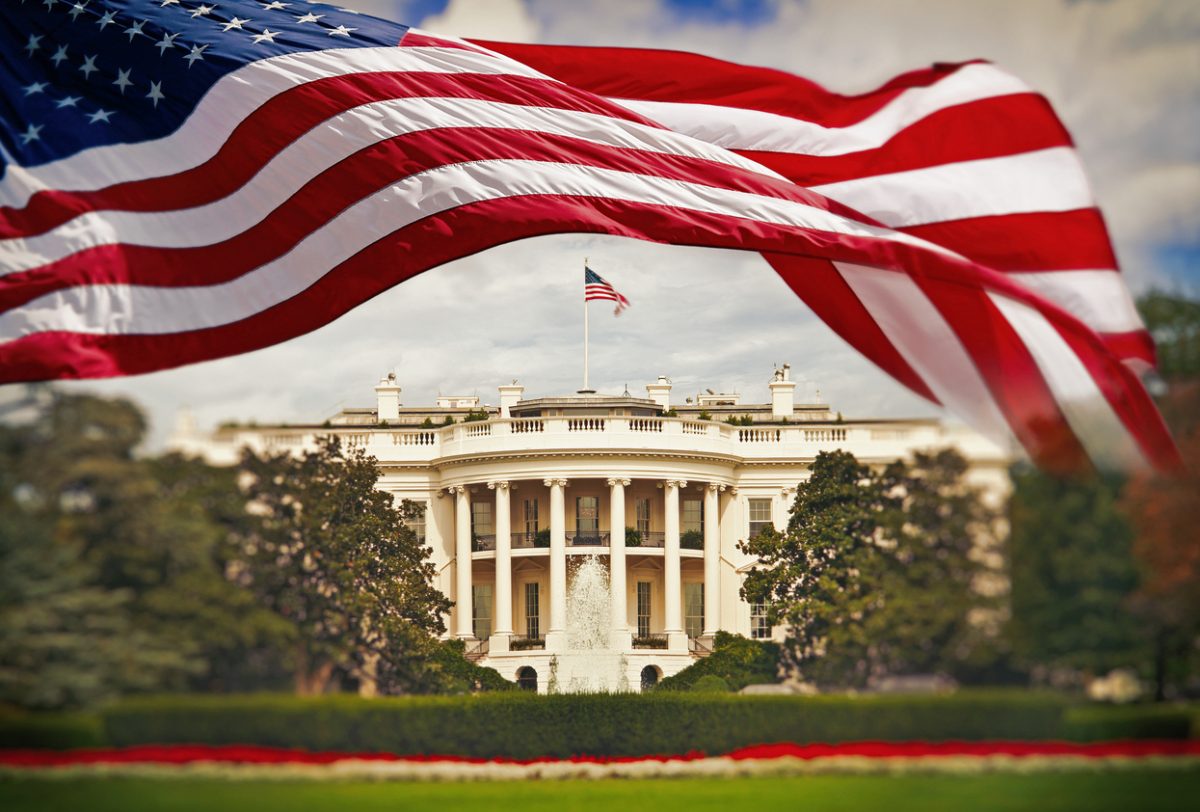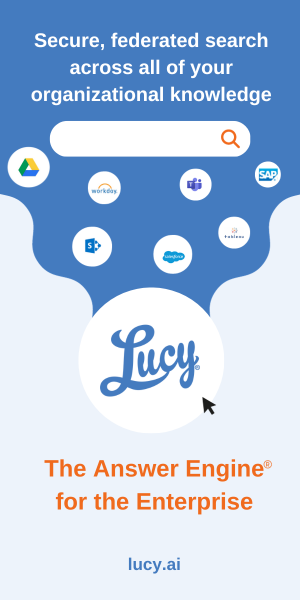AI Act: The power of open-source in guiding regulations
As the EU debates the AI Act, lessons from open-source software can inform the regulatory approach to open ML systems.
The AI Act, set to be a global precedent, aims to address the risks associated with AI while encouraging the development of cutting-edge technology. One of the key aspects of this Act is its support for open-source, non-profit, and academic research and development in the AI ecosystem. Such support ensures the development of safe, transparent, and accountable AI...











